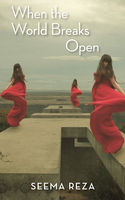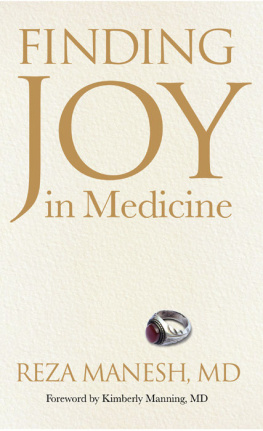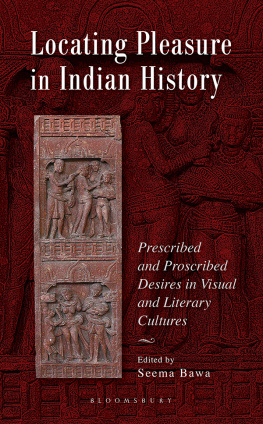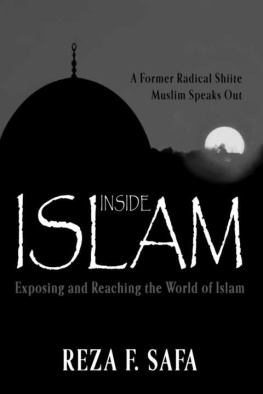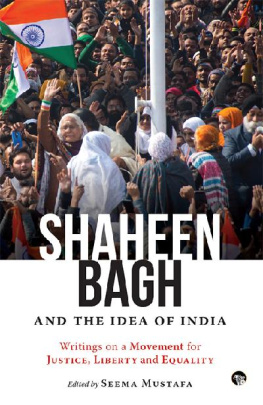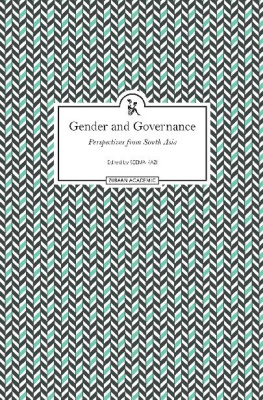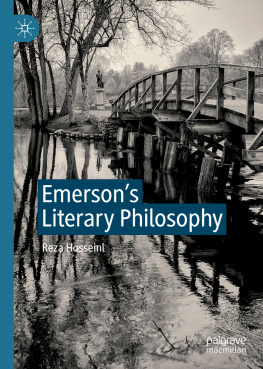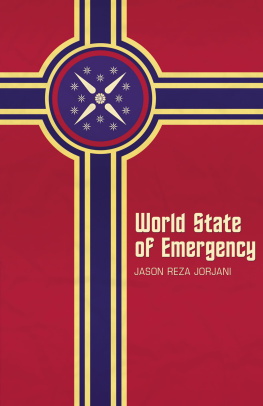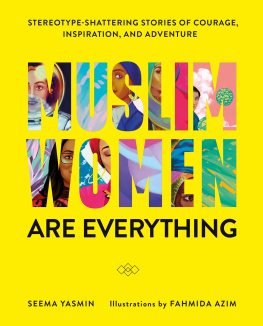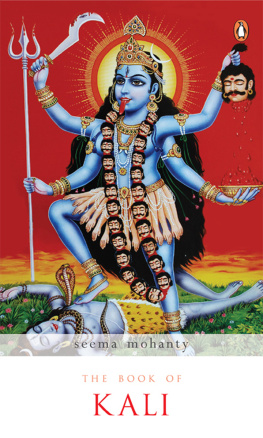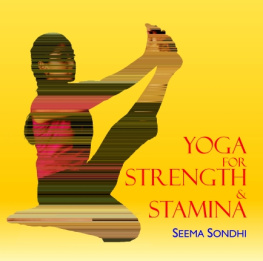Seema Reza - When the World Breaks Open
Here you can read online Seema Reza - When the World Breaks Open full text of the book (entire story) in english for free. Download pdf and epub, get meaning, cover and reviews about this ebook. genre: Detective and thriller. Description of the work, (preface) as well as reviews are available. Best literature library LitArk.com created for fans of good reading and offers a wide selection of genres:
Romance novel
Science fiction
Adventure
Detective
Science
History
Home and family
Prose
Art
Politics
Computer
Non-fiction
Religion
Business
Children
Humor
Choose a favorite category and find really read worthwhile books. Enjoy immersion in the world of imagination, feel the emotions of the characters or learn something new for yourself, make an fascinating discovery.
- Book:When the World Breaks Open
- Author:
- Genre:
- Rating:5 / 5
- Favourites:Add to favourites
- Your mark:
- 100
- 1
- 2
- 3
- 4
- 5
When the World Breaks Open: summary, description and annotation
We offer to read an annotation, description, summary or preface (depends on what the author of the book "When the World Breaks Open" wrote himself). If you haven't found the necessary information about the book — write in the comments, we will try to find it.
When the World Breaks Open — read online for free the complete book (whole text) full work
Below is the text of the book, divided by pages. System saving the place of the last page read, allows you to conveniently read the book "When the World Breaks Open" online for free, without having to search again every time where you left off. Put a bookmark, and you can go to the page where you finished reading at any time.
Font size:
Interval:
Bookmark:
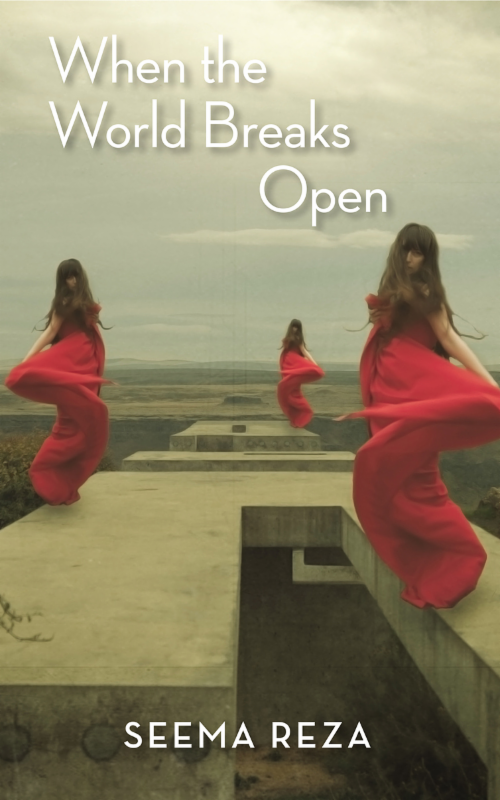
BREAKS OPEN
SEEMA REZA
 RED HEN PRESS | PASADENA, CA
RED HEN PRESS | PASADENA, CA
When the World Breaks Open
Copyright 2016 by Seema Reza
All Rights Reserved
No part of this book may be used or reproduced in any manner whatsoever without the prior written permission of both the publisher and the copyright owner.
Book design and layout by Selena Trager & Cassidy Trier
Library of Congress Cataloging-in-Publication Data
Names: Reza, Seema, author.
Title: When the world breaks open / Seema Reza.
Description: Pasadena : Red Hen Press, [2016]
Identifiers: LCCN 2015036152 | ISBN 9781597097444 (paperback)
Subjects: LCSH: Reza, Seema. | Authors, American21st centuryBiography. | Writing centersCase studies. | BISAC: BIOGRAPHY & AUTOBIOGRAPHY / Personal Memoirs.
Classification: LCC PS3618.E986 Z46 2016 | DDC 811/.6dc23
LC record available at http://lccn.loc.gov/2015036152
The Los Angeles County Arts Commission, the National Endowment for the Arts, the Pasadena Arts & Culture Commission and the City of Pasadena Cultural Affairs Division, Sony Pictures Entertainment, the Los Angeles Department of Cultural Affairs, the Dwight Stuart Youth Fund, and the Ahmanson Foundation partially support Red Hen Press.

First Edition
Published by Red Hen Press
www.redhen.org
Many thanks to the editors of the following print and online journals where portions of this manuscript, sometimes in slightly different versions, first appeared: The Beltway Quarterly, Duende, Full Grown People, HerKind, Hermeneutic Chaos, The Manifestation, Pithead Chapel, Referential Magazine and Survive and Thrive: A Journal for Medical Humanities as Narrative and Medicine.
Introduction
Spark
Flash
Body
Soil
Ash
Notes
I cant be a failure. Im not done yet.
Ashley Russell
The title of this book is a fragment of a question my then five-year-old son asked in 2011, when we were reeling. From the sorrow seeping through our slowly dissolving nuclear familyhis father and I had decided to separate, but continued to live together for sixteen months, sharing a house while we tried to discover which parts of ourselves could be salvaged from the wreckage. From the deaths, in close succession, of three beloved family members. From the emotional weight of the job I took doing arts programming at a military facility and the pressure of trying to maintain its funding.
At the time, when seemed to point to this particular era in our familys history, and the breaking open seemed linked to hardship. But I have since discovered that the world opening is an ongoing process of clarification, a stepping towards becoming myself. And there is no singular, chronologically-connected when. I have been wading into the murkiness of memory and extracting what I need to survive to make sense of what I am living. Just as often, new experiences have clarified the past. Most of the stories in this work take place between 2005 and 2012 but the world has been breaking open, in its beauty and grime, for a great deal longer than that, and continues to, even as I write this. What follows is a series of interconnected passageways I am still traveling.
There was a time
when your body and mine
could not control the spark
which turned to flame
and consumed us both.
Le Chateliers Principle: If a chemical system at equilibrium experiences a change in concentration, temperature, volume, or partial pressure, then the equilibrium shifts to counteract the imposed change and a new equilibrium is established.
This is optimism: seeing everything, everything wrong. Seeing it all entirely. And then, very carefully, choosing not to see it anymore. Choosing instead to find beauty, to let the worst things fade from focus, to shift to accommodate the unavoidable disappointments and changes in order to find balance. It is the way of the natural world. Necessary. Dangerous.
Such optimism is essential to existence in a place as poverty stricken and precariously positioned as Dhaka, Bangladesh. In 1971, east Pakistan divorced west Pakistan in a bloody civil war. East Pakistan became Bangladesh. The majority of the countrys economic activity was agricultural thenfishing and farmingbusinesses and lives were tied to the tempers of the rivers crisscrossing the land on their paths to the Bay of Bengal. The people have tired of this relationship, so they migrate, 400,000 each year, to Dhaka city. Dhakas population density is double that of New York Citymore than 100,000 people occupy every square mile. People live in commercial high-rises and in dingy, one-room apartments above the markets, in gaudily appointed mansions and in small, family-owned buildings three or four stories high. As the concentration of people in the city grows, so does the citys volume: the fragile tin and bamboo shacks of slums mushroom and expand the borders of the city. Hopeful migrants work in garment factories and as household help in private homes; they pull bicycle rickshaws and beg in the muddy streets.
During the pre-monsoon, from March to August, the heat is dense and vicious, a physical force. The clouds bear down like a blanket still in place after the fever has broken and the city squirms and looks skyward. Children on the street, old men at roadside tobacco shops and women at tea parties anticipate the rain in every conversation. The monsoon invites the rivers, menacing and necessary as dictators, to encroach on the land, which is on average a mere six to eight meters above sea level. It will turn the city back into a swamp, and thousands of people will die of water-borne illness, pneumonia, or will simply drown. Slum-dwelling families fish up their floating belongings and wait on drier land. Bangladeshi folk songs praise the beauty of the rain and rivers. The monsoon is a monster, but it is also their savior. For in the height of the monsoon, when curtains of rain are parted daily by an hour or two of intense sunshine, rice crops grow at rates of five or six inches a day, remaining just ahead of the furious, rising water.
I met my husband, Karim, here in Dhaka. He was twenty and I was seventeen. We fell deep into a desperate, salty sort of love. I loved the way he looked at me and the way heads turned for us as a couple. I loved his dimples and his grace, his cool air in dark designer sunglasses. The Dhaka we inhabited was a series of rooftop parties and bottles of vodka bought on the black market for a middle-class mans monthly wages. We lifted the hems of our pants and stepped over the muck on our way into posh restaurants. When he punched the windshield of his car in anger, I was scared. But through an optimists eye his jealousy proved his devotion; his forgiveness was divine. I saw an instant bridge to the future with him, free of our families, free of religion, independent, adult. We were married within a year and had our first child soon after, our second six years later.
Since then, I have been back to Dhaka with one son or both, with and without Karim. But now, for the first time in twelve years, at twenty-nine years old, I make the eight thousand mile journey entirely in my own company. Karim and the kids remain at our home in Maryland. There is no shoulder to rest my head upon, no children to care for. This visit to my family, a family in which I am a child rather than a mother, is intended to give me a break from cooking, cleaning, kids, and a respite from the tedium of my suburban life. The time apart will renew my marriage.
Next pageFont size:
Interval:
Bookmark:
Similar books «When the World Breaks Open»
Look at similar books to When the World Breaks Open. We have selected literature similar in name and meaning in the hope of providing readers with more options to find new, interesting, not yet read works.
Discussion, reviews of the book When the World Breaks Open and just readers' own opinions. Leave your comments, write what you think about the work, its meaning or the main characters. Specify what exactly you liked and what you didn't like, and why you think so.

